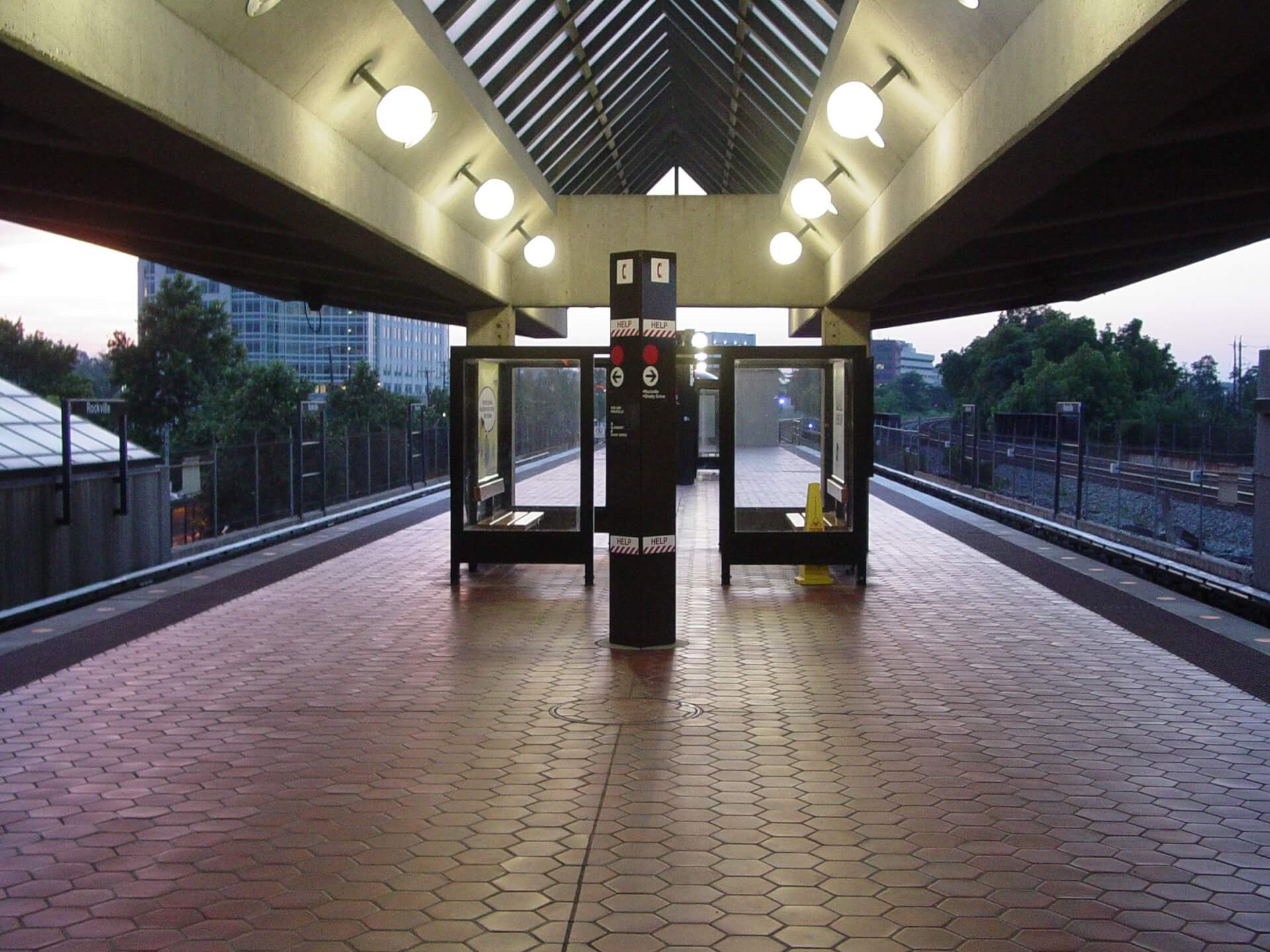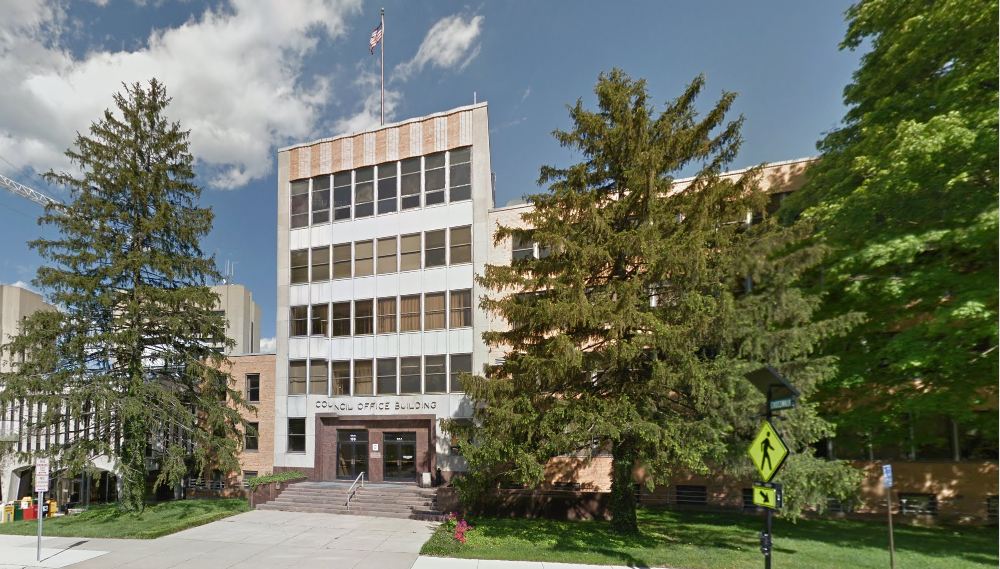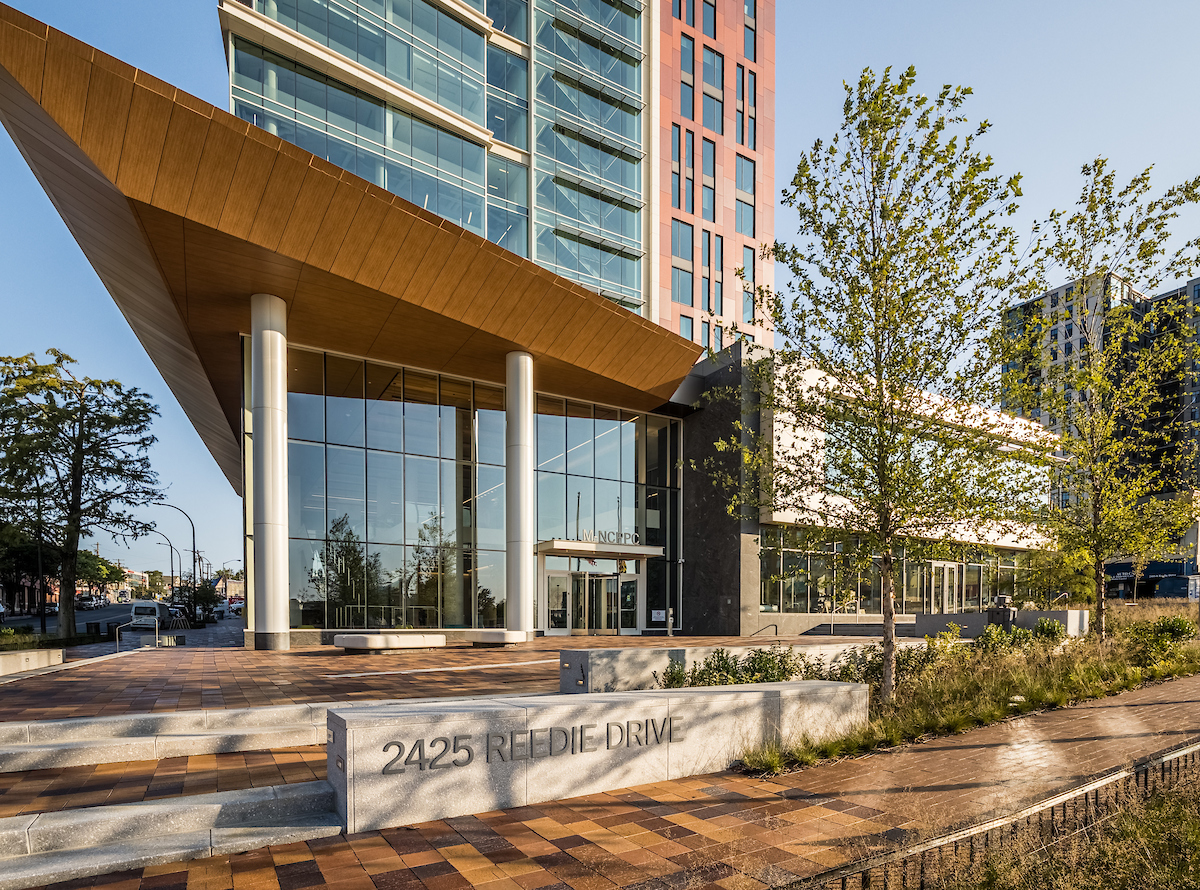Montgomery Council Ponders Nixing Taxes on Housing Development Near Metro Stops

The parking lots surrounding Montgomery County Metro stations may one day turn into high rise apartments as local officials look to incentivize development in those areas.
County Councilman Hans Riemer (D) plans to introduce legislation that would eliminate property taxes for developers looking to build around the county’s Washington Metropolitan Area Transit Authority stations, he said at a Monday afternoon news conference.
Riemer’s bill would exempt developers from 15 years’ worth of property taxes once the county issues an occupancy permit for property leased from a WMATA station. He hopes the legislation, which eight of nine county council members have cosponsored, will incentivize development around Metro stations.
“We’re getting thousands of units of housing delivered more quickly than would otherwise be the case,” Riemer said outside of the Forest Glen Metro station.
He hopes 8,600 new housing units, including 1,300 for affordable housing programs, could be built as a result of the bill. The legislation would apply to all 13 Montgomery County Metro stations.
“We are helping transform an area,” Riemer said. “We want this to be the catalyst for development.”
WMATA was already planning on reaching out to one of its jurisdictions about encouraging development around its stations when officials from the regional transit agency contacted Montgomery leaders about three months ago, Riemer said.
Alison Gillespie, a local neighborhood association president, said she supports Riemer’s effort to encourage development around the metro stations. She said she hopes development around Metro stations would make her community more walkable.
Gillespie said turning parking lots into highrise apartments might also be more environmentally sustainable and reduce pollution in the area. She said the eight-acre parking lot at the Forest Glen metro is “nothing but a collector of pollution.”
“Building near the Metro could be building greener,” Gillespie said.
Partap Verma, a member of the Montgomery County Planning Board who lives in Forest Glen, said adding amenities near local neighborhoods might lead more people to use the Metro instead of taking short car trips to grocery stores.
Riemer added that cutting property taxes at Metro stations wouldn’t be a loss for the county, since WMATA is already exempt. He added that new residents and developers mean new income and impact taxes, respectively.
“We want development and housing to help lead us out of the recession into recovery,” Riemer said.




 Creative Commons Attribution
Creative Commons Attribution